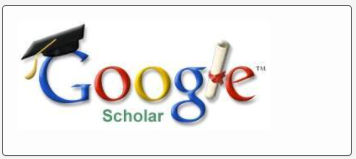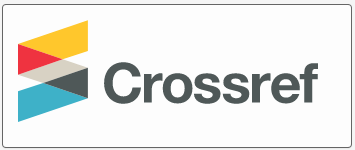About one theatrical term
DOI:
https://doi.org/10.52340/idw.2023.30Keywords:
term, theater, emotional-expressiveness, GancxromaAbstract
Georgian theatrical terminology is a part of the Georgian terminological system as a whole. Naturally, Georgian theatrical terminology is characterized by those features that are characteristic of terminology in general.
We will focus on one essential feature in theatrical terms, which we think is distinctive. In our opinion, art terminology, in contrast to scientific terminology, does not clearly express the emotional-expressive neutrality of terms. If we talk about the emotional-expressiveness of art terms, the most emotional-expressiveness is felt in the theater art among the branches of art, which is determined by the essence of the theater art, the term we have chosen "Gansacxromeli" will serve as a proof of this, which goes directly to the emotional-expressive plane.
In the original and translated monuments of Georgian literature of the Middle Ages, many Georgian theatrical terms are confirmed, among them "Gansacxromeli", which represented the Georgian equivalent of the orchestra.
We have to assume that our ancestors gave the spectacles dedicated to the ancient holidays the Georgian name "Gancxroma”, which means fun, which later became the term for one of the oldest types of spectacular art, in which dance and pantomime performances took the main place, as well as the term "Gancxroma", as well as a certain work from it. It is a carrier of emotional expressiveness and is not a neutral term. Since the theatrical performance art is in its essence most closely related to emotion and expression, it is possible that this is why the neutral term orchestra, which came into the Georgian language from Greek, the Georgian term "Gansacxromeli" , loaded with emotion and expression, was used.
Downloads
References
აბულაძე, ი. 1973. ძველი ქართული ენის ლექსიკონი. თბილისი: გამომცემლობა მეცნიერება.
გამყრელიძე, თ. 2003. თეორიული ენათმეცნიერების კურსი. თბილისი: თსუ გამომცემლობა.
ლობჯანიძე, ი. 2010. თეატრალური ლექსიკონი, თბილისი.
მეგრელიძე, ი. 1980. მცირე თეატრალური ლექსიკონი. თბილისი: გამომცემლობა ხელოვნება.
ორბელიანი, ს. 1991 ლექსიკონი ქართული, თბილისი, გამომცემლობა მერანი.
უცხო სიტყვათა ლექსიკონი. 1989. შეადგინა მიხეილ ჭაბაშვილმა. თბილისი: გამომცემლობა თბილისი.
ქართული აგიოგრაფიული სიმფონია ლექსიკონი. 2005. თბილისი: გამომცემლობა არტანუჯი.
ღამბაშიძე, რ. 1986. ქართული სამეცნიერო ტერმინოლოგია და მისი შედგენის ძირითადი პრინციპები. თბილისი: გამომცემლობა მეცნიერება.
ჩუბინაშვილი, დ. 1984. ქართულ-რუსული ლექსიკონი. თბილისი: გამომცემლობა საბჭოთა საქართველო.
ჩუბინაშვილი, ნ. 1961. ქართული ლექსიკონი. თბილისი: გამომცემლობა საბჭოთა საქართველო.
ჭრელაშვილი, ი. 1999. ავტორეფერატი. თბილისი.
ხელოვნების განმარტებითი ლექსიკონი. 1985. თბილისი: გამომცემლობა განათლება.







